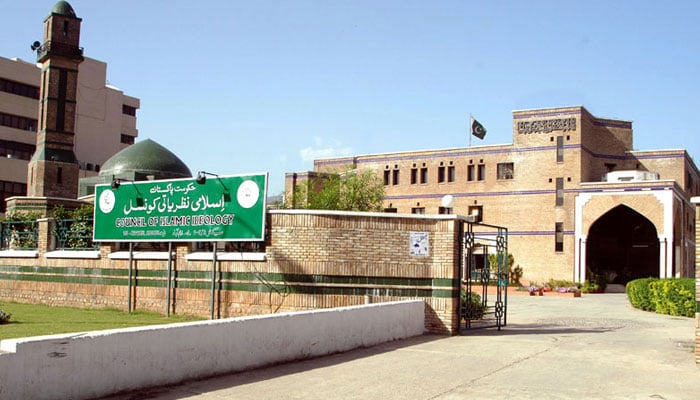
Stressing the need to block access to immoral or blasphemous content on the Internet, the Council of Islamic Ideology (CII) on Friday declared the use of virtual private networks (VPNs) “un-Islamic.”
In a statement, Council of Islamic Ideology Chairman Dr Raghib Hussain Naeemi said the government had the right to fight evil and prevent its access.
He said taking steps to prevent or restrict access to immoral and offensive content is consistent with Sharia law.
“Using a VPN to access illegal content or blocked websites is against Sharia law.”
Online theft is also possible via VPN without leaving any traces, Naeemi said, adding that it is the government’s responsibility to prohibit the use of such means which can undermine social values and respect for the law .
He said every Muslim is required to respect the Constitution and laws of the country unless they are contrary to Islamic principles.

The development came hours after the Interior Ministry wrote a letter to the Pakistan Telecommunication Authority (PTA) to block illegal VPNs, highlighting the growing risks to national security and public morals.
“VPNs are increasingly being exploited by terrorists,” said the ministry’s letter, a copy of which Geo News obtained, “(…) to facilitate violent activities and financial transactions in Pakistan.”
“Belatedly, an alarming fact has been identified that VPNs are being used by terrorists to obscure and conceal their communications.”
Additionally, unregulated VPNs were also used to discreetly access pornographic and blasphemous content, he adds.
VPNs are commonly used around the world to bypass restricted content.
In Pakistan, the use of VPNs saw a sharp rise after authorities banned social networking site X (formerly Twitter) earlier this year over “national security” concerns.
However, when it comes to their misuse, up to 20 million Pakistanis attempt to access blocked explicit content daily through unregistered virtual private networks, despite government restrictions.
Highlighting another issue related to public morality, the ministry said “Pakistan is considered one of the countries where pornographic sites are frequently visited using VPNs, however, these trends warrant banning the networks Unauthorized Virtual Private Services to Address Critical Threats.
In its official demand to ban these illegitimate platforms, the PTA was asked to “block illegal VPNs across Pakistan so that registered VPN users cannot be affected.”
“In addition, the registration of VPNs with the PTA can also be carried out until November 30, 2024,” it claims.
